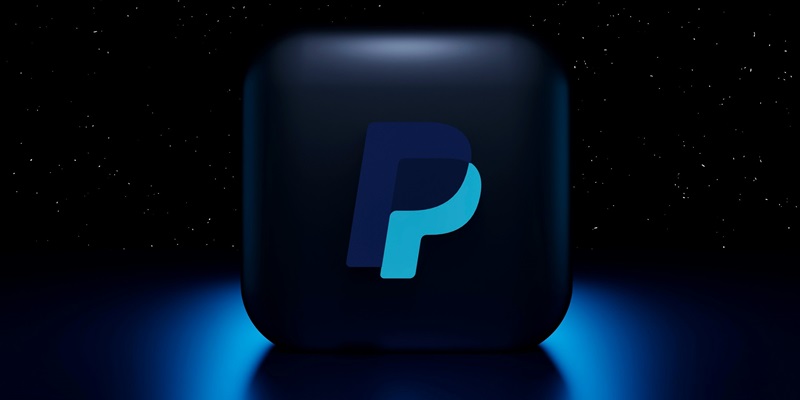The nexus between traditional financial services and the burgeoning world of cryptocurrencies is becoming more robust, signaling a new era of accessible digital finance. In a landmark move, MoonPay, celebrated for its mission to streamline cryptocurrency transactions, has broadened its alliance with payments giant PayPal. This expansion builds upon a thriving US collaboration, unlocking the potentials of crypto for users within the European Union and the United Kingdom.
A Win-Win Integration
Surging User Engagement Through PayPal
Upon integrating PayPal into its payment options, MoonPay didn’t just hit a milestone; it struck a chord with cryptocurrency enthusiasts. During its US debut, the results were unequivocal—PayPal swiftly ascended to being a preferred payment option for crypto purchases. PayPal’s seamless transaction experience captured the attention of users, reflected in the impressive statistic that 90% of customers who linked their PayPal accounts went on to complete a purchase. This remarkable engagement significantly outperforms the conversion rate of new customers opting for traditional credit card payments.
The demographic insights also tell a fascinating story. Average users conducting transactions through PayPal are around 35 years old. This trend towards a more mature audience hints at PayPal’s broader appeal, resonating with those likely seeking stability and trust in their financial dealings. It’s clear that for many, the combination of MoonPay’s crypto services and PayPal’s established payment platform represents newfound confidence in navigating the crypto space.
Expanding Reach to EU and UK Markets
The PayPal-MoonPay synergy is transcending the Atlantic, poised to enrapture European and British digital currency aficionados. Broadening the integration to encompass 24 EU member states—excluding Croatia, Hungary, and Iceland—the strategic move invites a new wave of users to partake in the digital asset revolution. This rollout is not an overnight process; instead, it’s a carefully orchestrated phase-in designed to unfold over the coming weeks, ensuring users experience a polished, user-centric service.
This extension of services mitigates the need for manual input of payment information, pitching direct bank withdrawals, PayPal Balance, or debit card as flexible funding choices. The integration, which has been benefiting US customers for some time, is now making its first inroads among 1% of MoonPay’s UK and EU users. This calculated approach is consistent with a vision that prizes ease of access and diminishes barriers for those new to digital assets.
Industry-Wide Ripple Effects
Partners Embrace the Integrated Feature
MoonPay’s integration with PayPal isn’t confined to its own platform; it’s reaching through the digital financial ecosystem. Significant industry players, including Uniswap and Phantom, have embedded this feature, echoing its indispensability and escalating popularity. The rapid uptake of MoonPay’s PayPal feature across these platforms signifies a recognition of its inherent value, suiting the needs of a diverse customer base by simplifying the process of engaging with digital assets.
These collaborative efforts further underscore the functionality and foresight of MoonPay’s strategic choices. In an ever-evolving digital landscape, the company’s adoption and propagation of reliable, conventional payment systems serve to reassure, attract, and retain users. The curve toward mainstream acceptance of cryptocurrencies is bending ever closer, and partnerships like MoonPay and PayPal are the fulcrum around which this pivotal change is leveraged.
Bridging Conventional and Crypto Finance
As the bridge between conventional financial institutions and the ever-evolving realm of digital currencies strengthens, a revolutionary era in digital finance is emerging. MoonPay, which has gained acclaim for simplifying crypto transactions, has now widened its partnership with financial titan PayPal—a move that marks a significant milestone. This growth enhances an already successful collaboration in the US, unveiling the vast potential of cryptocurrencies for consumers in the European Union and the UK.
With this strategic alliance, MoonPay and PayPal are at the forefront of fostering an efficient gateway for users seeking to navigate the complexities of the crypto sphere. The expanded integration signifies a key advancement in the adoption of cryptocurrencies, making it more accessible and convenient for individuals across the Atlantic. As these financial sectors increasingly interlace, users inevitably stand to benefit from the seamless transactions and the economic opportunities that arise from this groundbreaking synergy between established and innovative financial services.

